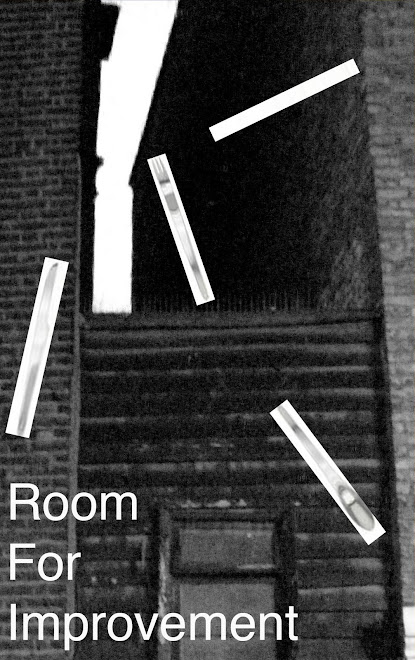
Music is the highest form of art…Hegel
In fact, it keeps proving itself to be the highest form of anything (although maybe not food, despite Shakespeare’s early efforts to tie the two together, if music be the food of love, play on).
Tomorrow will host the first major action to take place in Copenhagen during the COP15. Demonstrators have called the day Our Climate Not Your Business and will focus their direct action on highlighting the fact that corporations have no role to play in democracy. Expect action against typical victims of anti-capitalist attention such as McDonalds, C&A, Microsoft and Netto.
In praise of these activists they tend to practice what they preach and take pleasure in abstaining from these corporate demons. Their action thus is an effort to persuade others to adopt a similar way of life to the ones they lead. However, for all their effort, their performance becomes immediately fetishised by mass media and their lifestyles remain in the margins.
But how to get around this? Only music has the answer.
Similar to anti-capitalist rhetoric, music has its own range of lifestyles and cultures. It possesses a mainstream and has ‘alternative’ styles as well. However, where music differs from political activism is in the way it’s peripheral forms work as a virus, encircling the mainstream and infecting it from the outside in. In this sense, activism would do well to observe this phenomenon.
Musical subcultures in urban environments often emerge from neighbourhoods that require urgency from the art produced there. Examples of this include baile funk, kwaito, reggaeton and grime. Max Ingram has termed these Shanty House, ‘a new strain of post World Music. However, the purpose of this term is to avoid these strains of global urban music being considered an extension of World Music…a concept inextricably intertwined with concepts of the earthen and the rooted.’
However, political activism with environmental connections seems unable to disconnect itself from the same brush that brands World Music. For the mainstream it appears, as Ingram says, earthen and rooted and thus not as good as what they’ve got already.
So it needs a makeover. Shanty House represents the same DIY approach to culture production as many grassroots movements who will battle over the next week. And like Shanty House, their offering is better and more sustainable than what the money hungry makers of the mainstream offer. Thus, eco-political activism needs to model its approach on the stuff that has made Shanty House an appealing form to appropriate.
For starters activism could mimic the egalitarian nature of music. Welcome newcomers, seek to teach rather than preach and most of all learn the importance of being NOT SO earnest.
Whether you like it or not, subcultures in music are much more effective at changing the mainstream than any political action group. It needs to locate itself as the starting line for people before they ‘career’ into life, rather than the corner people go to when they fall out with life. This could be done promoting its benefits: free food, skill sharing, community. Having got people at the source, tributaries such as eco activism would run into a river that could then start to shape the geography around it.

No comments:
Post a Comment